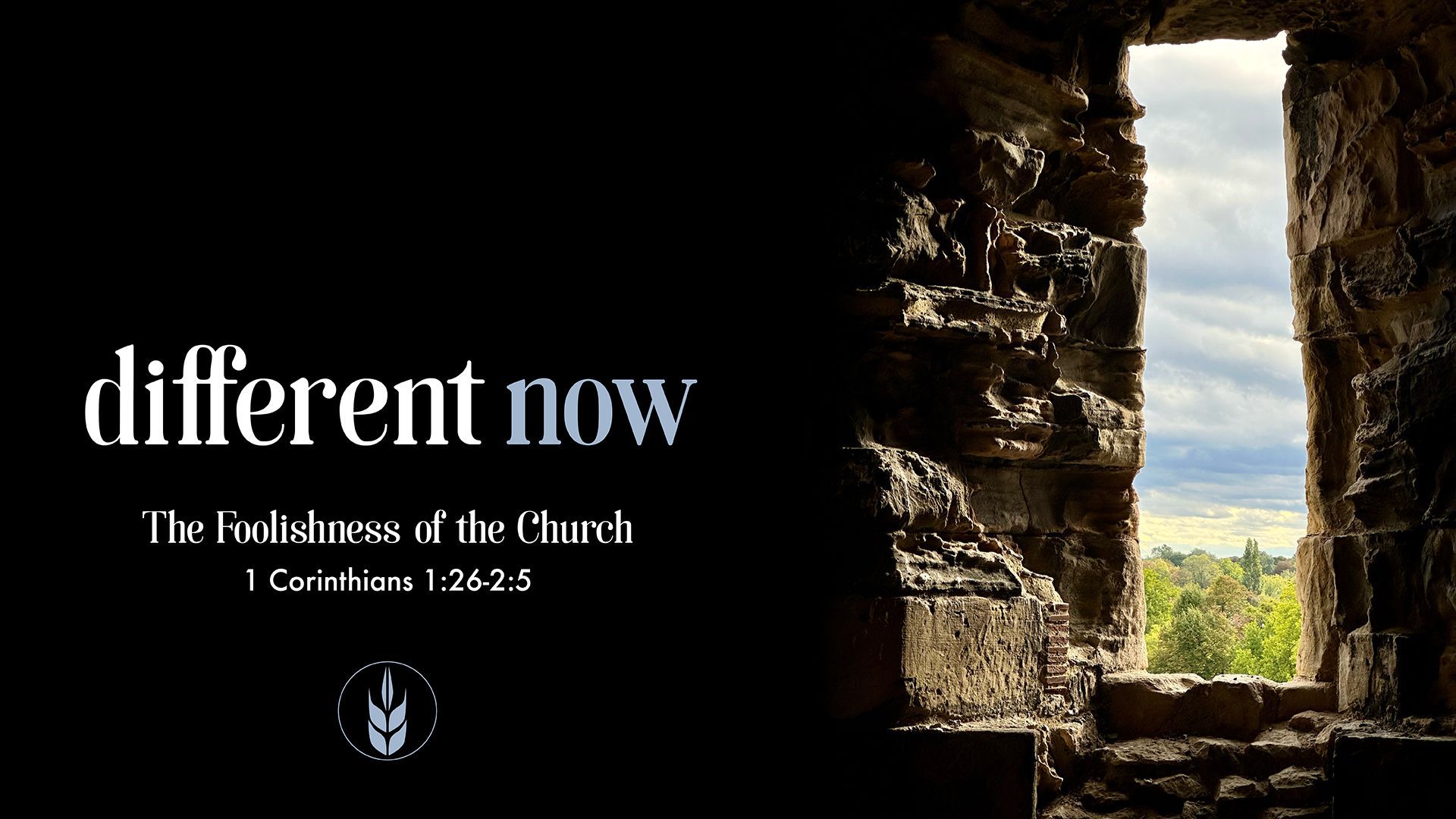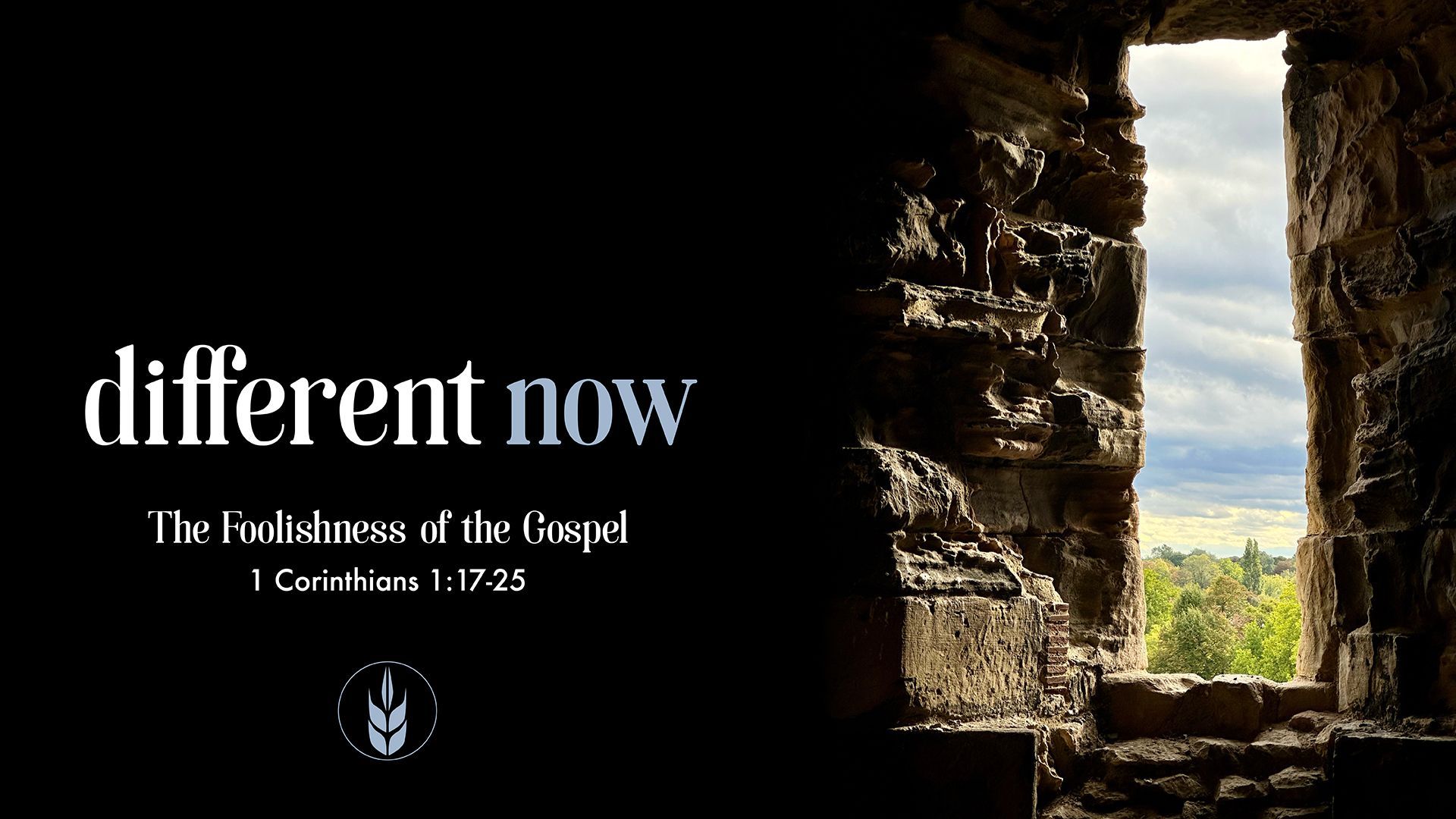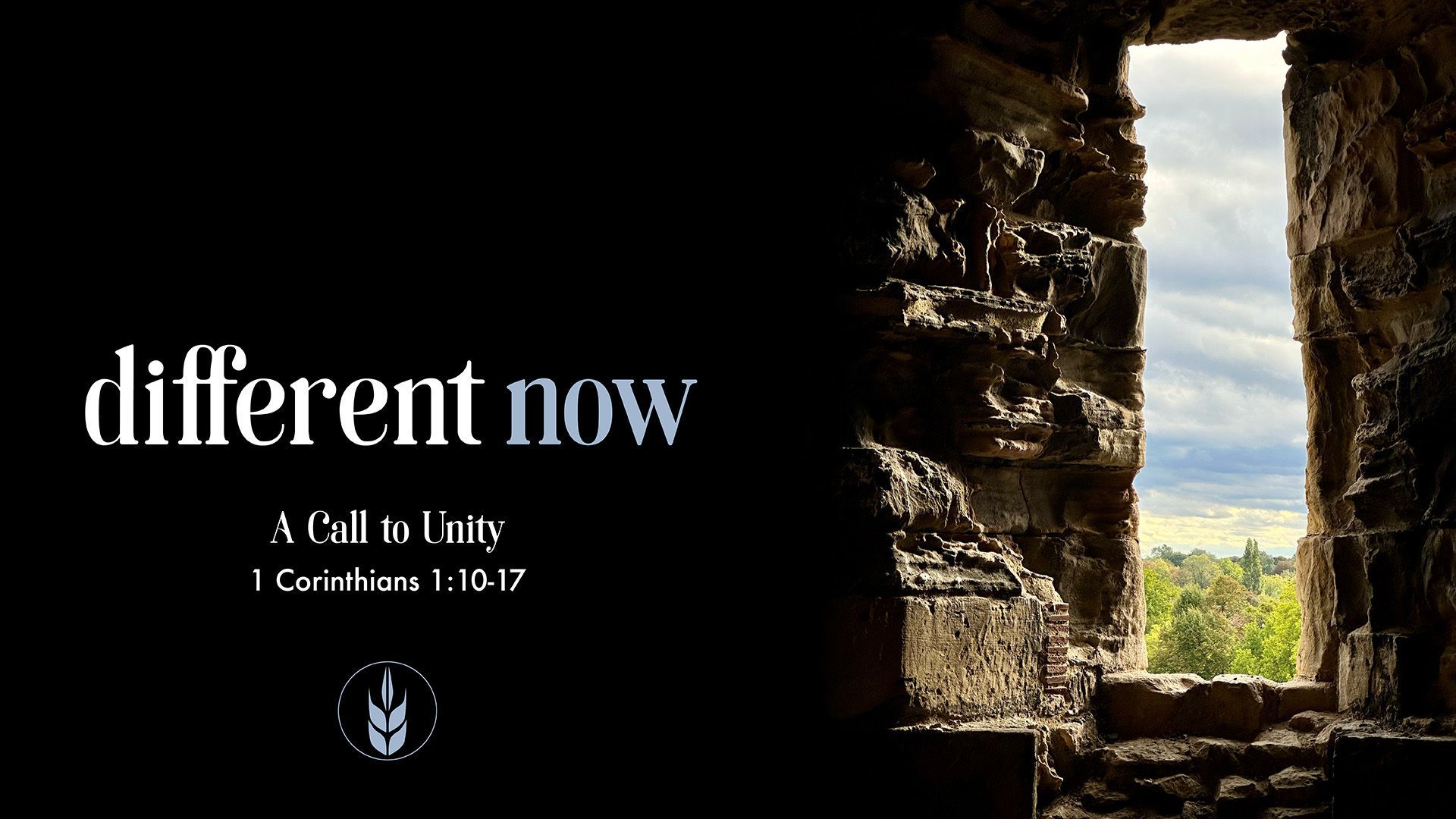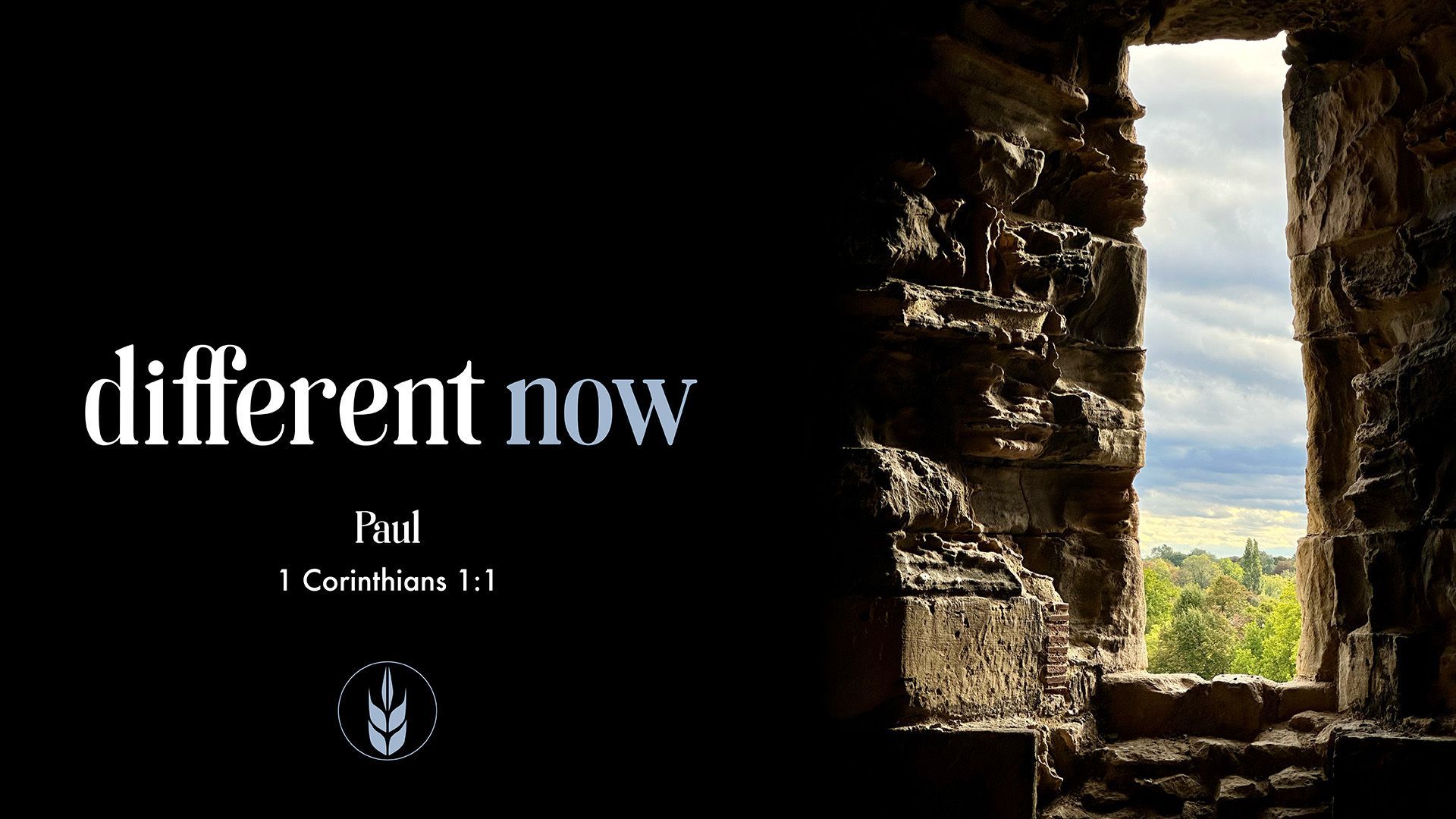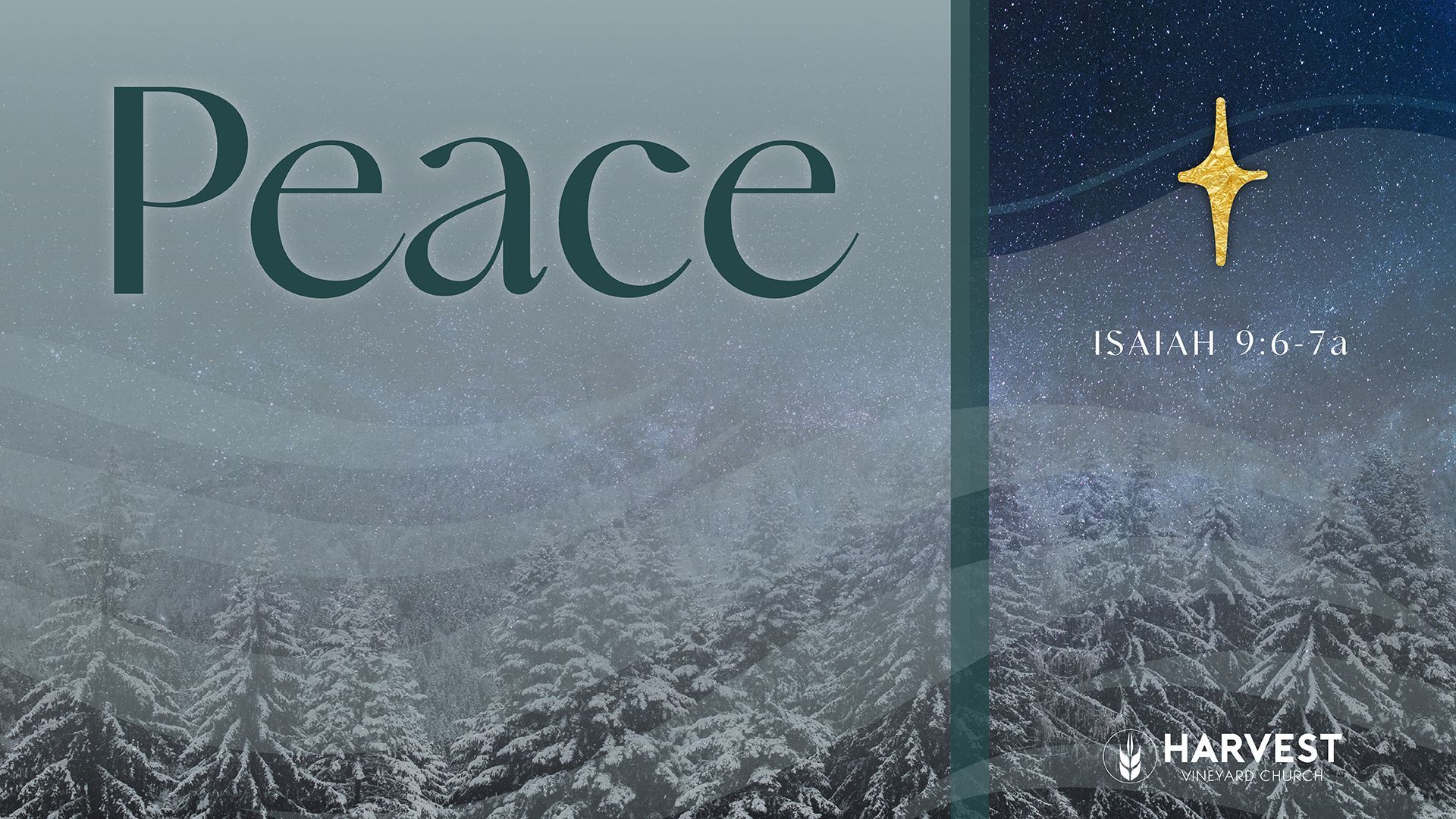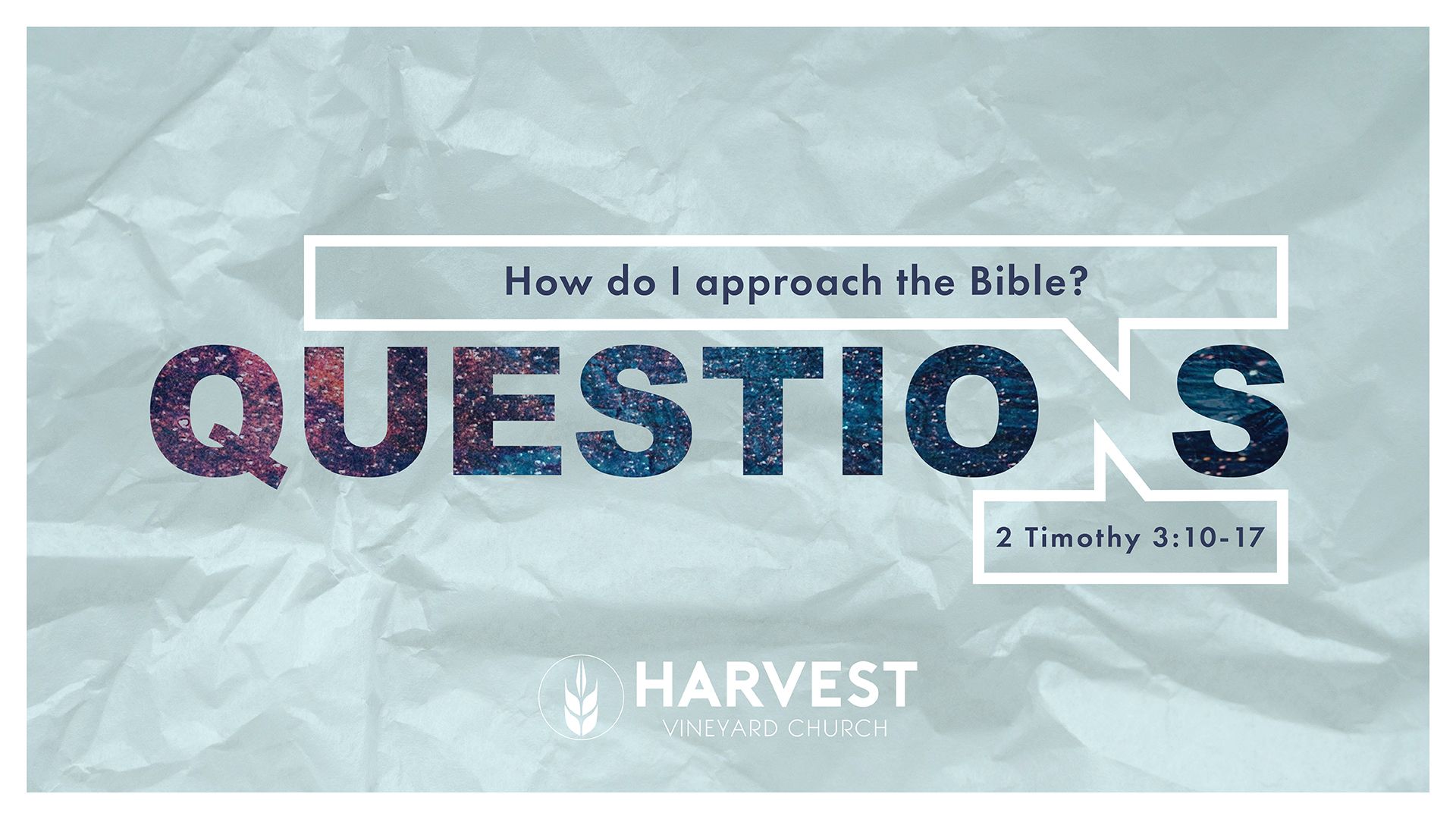
How to Approach the Bible: A Guide for Seekers and Believers
In a world filled with countless books, the Bible remains unmatched as the best-selling and most translated text of all time. Yet, this ancient scripture often seems daunting, controversial, or even irrelevant to the modern reader. How can we approach this sacred text that has profoundly shaped civilizations and continues to influence millions today?
The secret to understanding the Bible's significance is in viewing it not merely as literature, but as "God-breathed" scripture. This idea, found in 2 Timothy 3:16-17, suggests that, while human authors penned its words, God himself inspired its content. It's a divine-human collaboration akin to an architect's design constructed over time by various workers.
Why Trust the Bible as God's Word?
For followers of Jesus, the trustworthiness of the Bible is rooted in Christ himself. As a first-century rabbi, Jesus held the scriptures in the highest regard, using them to explain his identity and mission. Trusting Jesus leads naturally to trusting what he trusted.
Approaching the Bible requires us to engage with reverence and humility, recognizing its authority, much like learners beneath a teacher, rather than judges evaluating its content. We must ask God to teach, correct, and guide us through his word.
Understanding the Bible's Literary Complexity
The Bible is a library of 66 books written over 1,600 years in various literary styles, including poetry, history, letters, and apocalyptic visions. Proper interpretation demands respect for these genres and contexts, avoiding common errors like taking verses out of context or misreading texts. Understanding the original authors' intent and context is crucial, often requiring insights from Bible scholars and resources like commentaries.
Yet, don't let the need for scholarly understanding discourage you. As Mark Twain noted, "It's not the things which I do not understand in the Bible which trouble me, but the things which I do understand." The Bible's core messages are clear to those willing to read with an open heart.
The Bible as a Relational Experience
Reading the Bible isn't just an intellectual exercise—it's fundamentally relational. Jesus emphasized that scripture aims to lead us into a vibrant relationship with God. The Bible serves as a place of encounter where we can meet God and allow him to shape our lives.
Engaging with the Bible also involves a meditative approach. The Psalmist describes meditating on God's word like a cow chewing its cud—slowly and thoroughly extracting all the goodness. Reading scripture slowly and reflectively enables the Spirit to illuminate the text and speak to our hearts.
"The Son is the image of the invisible God, the firstborn over all creation. For in him all things were created: things in heaven and on earth, visible and invisible, whether thrones or powers or rulers or authorities; all things have been created through him and for him. He is before all things, and in him all things hold together." - Colossians 1:15-17
Approach this passage meditatively. Consider what "in him all things hold together" reveals about Jesus’ authority. Reflect on how he might be sustaining areas of your life or situations that seem to be unraveling, inviting you to trust in his sustaining power.
A Multidimensional Approach to Scripture
Approaching the Bible reverently, literarily, and relationally offers wisdom, encouragement, and transformation. While challenging passages and unanswered questions persist, engaging with scripture over time fosters growth in wisdom and security in our identity as God's children.
The Bible isn't a mere rulebook or a collection of inspirational quotes. It's the story of God's enduring love, reaching its climax in Jesus Christ. By immersing ourselves in this narrative, we find our place within it—invited to join God's work of redemption and renewal.
Whether you're a skeptic curious about the Bible's contents, a new believer beginning your faith journey, or a long-time follower seeking deeper understanding, approach the Bible with expectancy. Come with questions, open to being questioned in return. Allow its words to challenge, comfort, and ultimately draw you into a deeper relationship with the God who inspired them.
The Bible awaits, not as a dusty relic, but as a living testament to a God eager to speak to you today. Are you ready to listen?
Hit play to listen to the sermon this blog is based on
At Harvest Vineyard, we believe we are better together, in community. We're glad you're here.
ENCOUNTER CHRIST.
EXPERIENCE COMMUNITY.
LOVE THE WORLD.
We believe that experiencing the love and mercy of God is more effective in bringing change to people's lives than rules, guilt, and condemnation. We have attempted to make our community a place where people can come as they are and still experience love and mercy. At the same time, we desire to learn and apply the truth of God to our lives and learn how to speak truth to one another.



